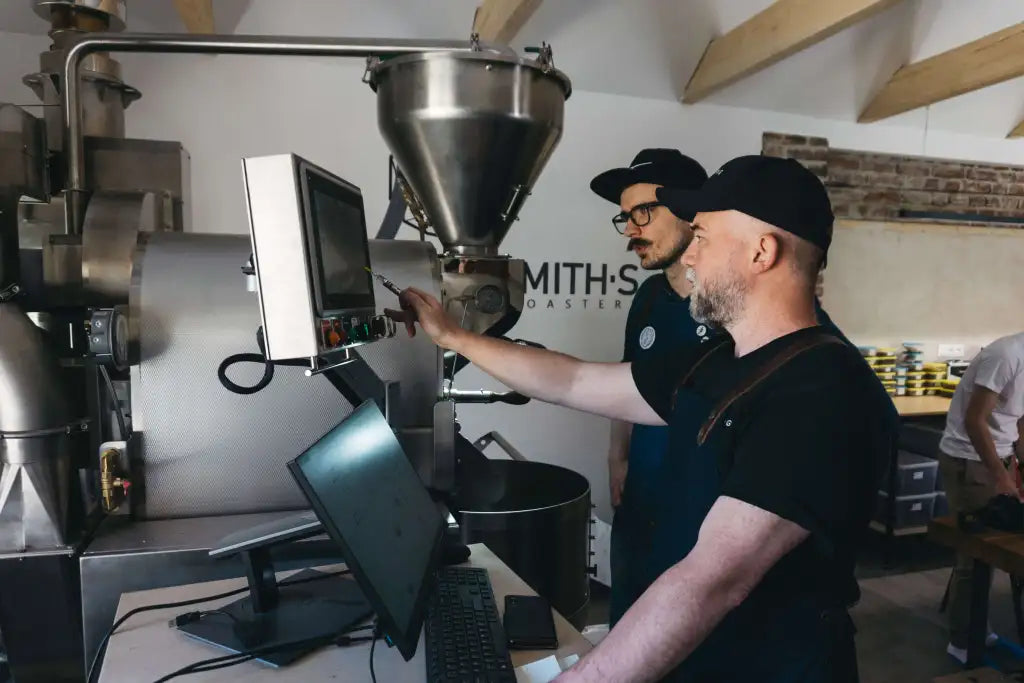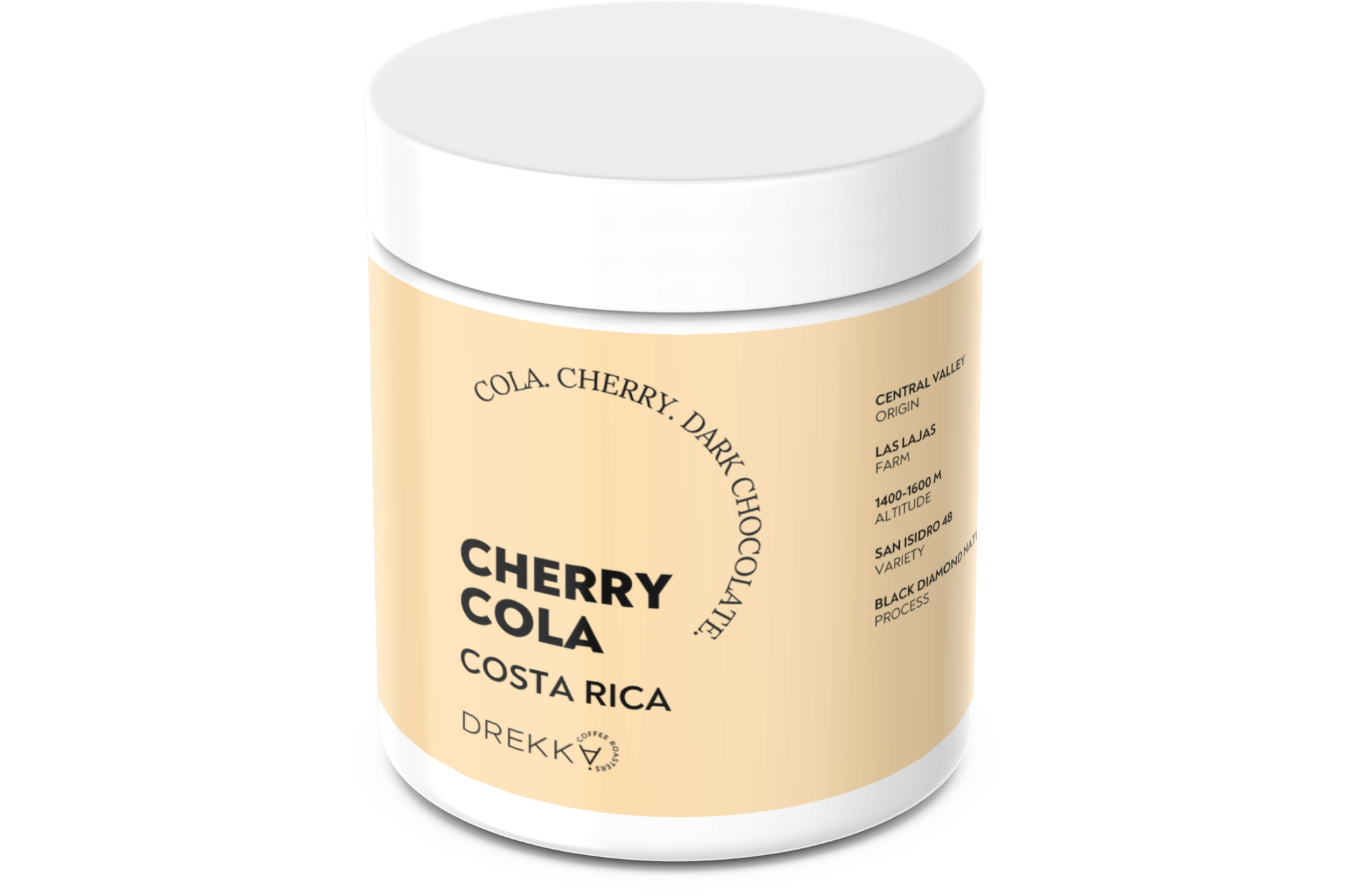Experimentally processed coffees have become increasingly popular in recent years and it’s no surprise they are now appearing in more regions, including Ethiopia, where traditional processing has long dominated. This particular anaerobic natural lot comes from the well-known Idido group of producers in Yirgacheffe. Thanks to the extended fermentation in sealed barrels, the cup has a deeper, more pronounced character, while still maintaining the sweet and fruity profile typical of Ethiopian coffees.
The producer group behind this lot operates under the Ama Project, an initiative launched in 2023 with a mission to support and empower women farmers in the region. Based in the village of Idido, the group has become a hub for local producers, offering them access to training, financial support, and equipment through the Ama Commitment Income Diversification Scheme. While not officially certified organic due to the high cost of certification, the cooperative is strongly committed to organic practices, and the farmers work in harmony with their environment.
This lot was produced by Amarech Ararso, whose name poetically means “she became beautiful.” Her farm and processing station are located in Hada, at 2050 meters above sea level, and span 2 hectares. During the November to January harvest period, she works with 40 seasonal workers alongside a permanent team of five. Coffee is grown under the shade of false banana trees and harvested entirely by hand. Amarech sources cherries from neighboring smallholder farmers and processes them on-site, ensuring a consistent and carefully managed quality.
Beyond coffee, the Ama Project is deeply involved in broader community development. In 2024, Ephtah Coffee, the exporter supporting this lot, donated 250,000 ETB to build additional drying beds. Amarech received 8 million ETB in pre-harvest funding, allowing her to secure high-quality cherries early in the season. Farmers are paid 60% of their due immediately upon delivery, with the remainder paid after export, ensuring cash flow during critical months. The group has also initiated plans to open a shop in Addis Ababa where women can sell locally made handicrafts and traditional foods like Kocho, a product made from false banana.
The coffee itself is composed of a mix of Ethiopian heirloom varieties - a term that refers to the vast genetic diversity of native coffee trees in the region. In Ethiopia, it’s common for coffee from dozens or even hundreds of small farms to be blended into a single lot, each contributing to a cup profile rooted in generations of cultivation.
After harvesting, the cherries underwent seven days of anaerobic fermentation in sealed plastic barrels. They were then dried slowly over 15–20 days on raised beds, stored carefully on-site, and later transported to Addis Ababa for final processing. The result is a vibrant and expressive coffee that reflects both the innovative spirit and deep-rooted tradition of Yirgacheffe.





